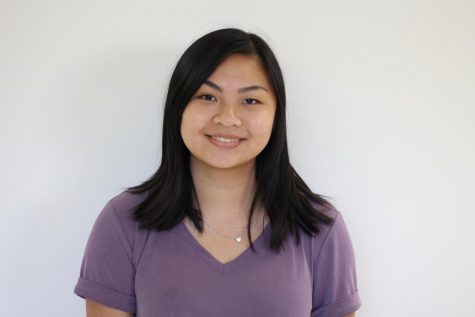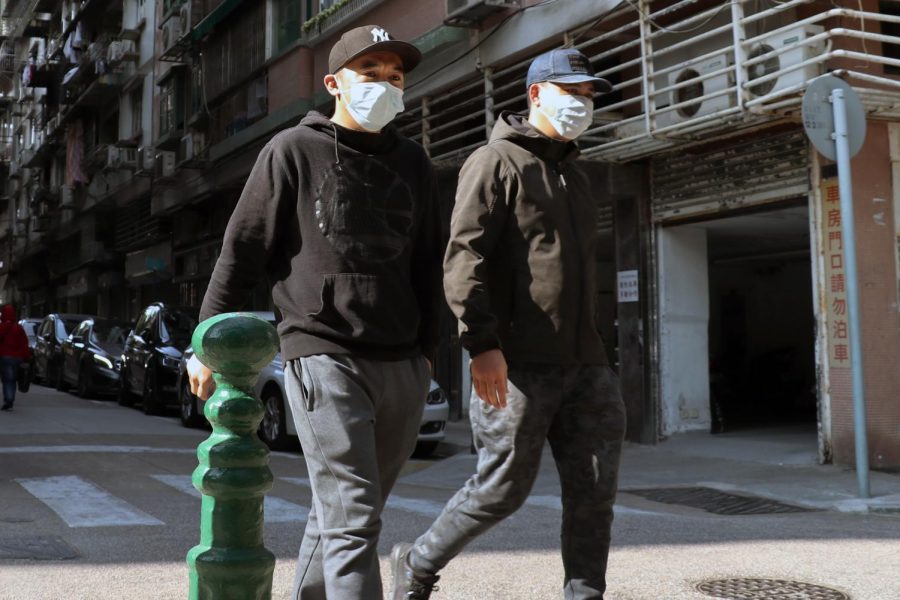The Corona Virus Isn’t an Excuse for Racism
Not an Excuse: COVID-19 brings out the worst in us
The pandemic of Covid-19 has seemingly taken over life. The outbreak began as a global problem—originating across the world in Wuhan, China. The spread was rapid and alarming, resulting in large outbreaks in South Korea, Italy, and Iran. As a resident of NOVA in the United States, I never thought I would be at risk. It seemed nearly impossible… until it was revealed earlier this March that the virus was confirmed to have reached Fairfax County.
Mass panic spread like wildfire. Suddenly, the water aisle of grocery stores were empty, people are wearing face masks, and desks are being wiped down frantically each morning. This hysteria was expected of the situation, but one of the most upsetting things to me as an Asian-American is the blatant racism that has arisen in the wake of COVID-19. I’m not talking on a national scale, although it is certainly prevalent, I am talking specifically about Oakton High School.
As COVID-19 began in Asia and quickly diffused to other areas of the world, Asians have taken the blame for its existence and the panic that has ensued in the aftermath. Classic flu and cold symptoms such as coughing and sneezing have suddenly become a threat. For the brief week that I was sick with the cold, I got numerous jokes about me having the coronavirus. Although no one was serious, once it was announced that the outbreak had reached Fairfax, suddenly the jokes became less frequent and turned into side-eyes and cautious looks. I was a walking threat. Not because there was a high chance that I actually had the virus, but because prejudice based on COVID-19 had made its way to Fairfax County just as the disease itself did.
In my AP Literature class, I had to read an article on the coronavirus bringing out the worst in humanity. It was that article that made me realize that people were simply trying to find people to blame. It’s overwhelming to be suspicious of every single person that one comes across. Despite the low death rate and low risk for people in our area, people are scared, and people that are scared tend to make rash and harsh judgments. It’s human nature. But it also doesn’t make it okay.
Although there is little evidential harm in stares and quick, pointed glances, the larger effect on the Asian population is concerning. Asians make up 31% of Oakton High School’s student body, with another 22% made up of other people of color. The diversity of the student body should make tolerance more normalized, but it still seems to be a problem on a more subtle scale which is why most people don’t address it. Amy Dai, 12, talks about how she and her other Asian friends “have all come to internalize and normalize our own reactions to other people’s prejudice.”
This idea of not speaking out and letting people’s jabs go unnoticed is an unfortunate reality to many Oakton students. Dai says that the best thing for her is to “tell [herself] not to get overly invested in it because at the end of the day the cost is [her] own mental health.” But why are we so quick to be passive? Why do we tolerate ignorance? But most importantly, why should Asians have to be put in this vulnerable position in the first place?
Innocent people should not have to feel uncomfortable in public and at school. Any academic environment should be welcoming and inclusive, but the wake of Covid-19 has made it much more difficult as people are unable to let go of their prejudice.

Hi! My name's Courtney and I'm the publicity manager and honorary team leader. I'm looking forward to doing great things for the Outlook this year, including...



